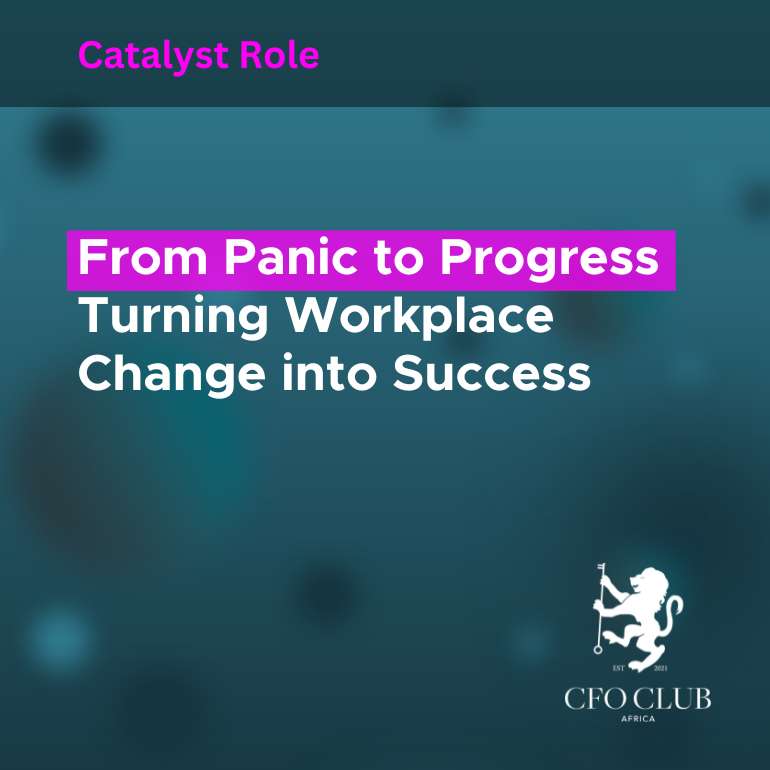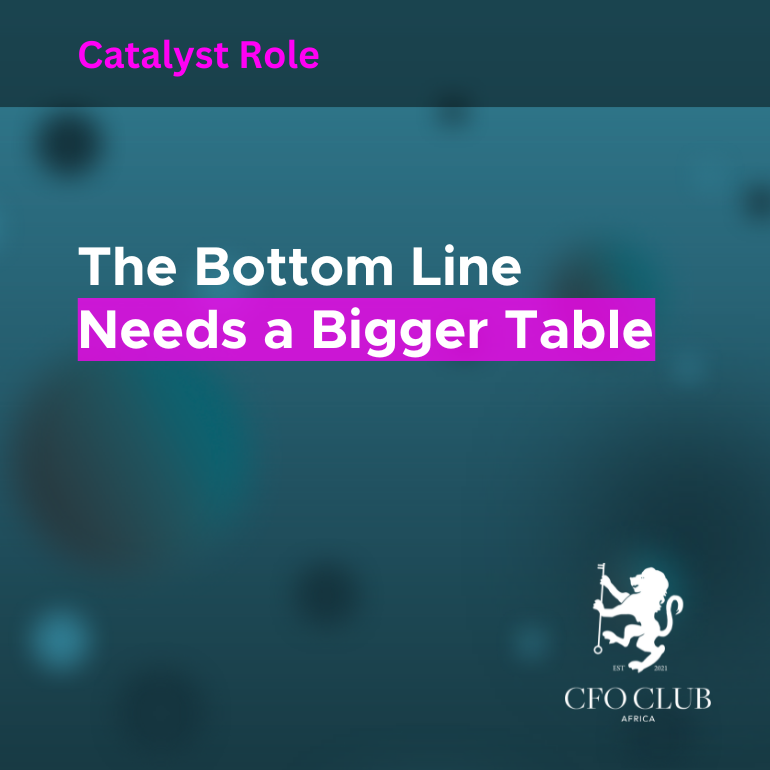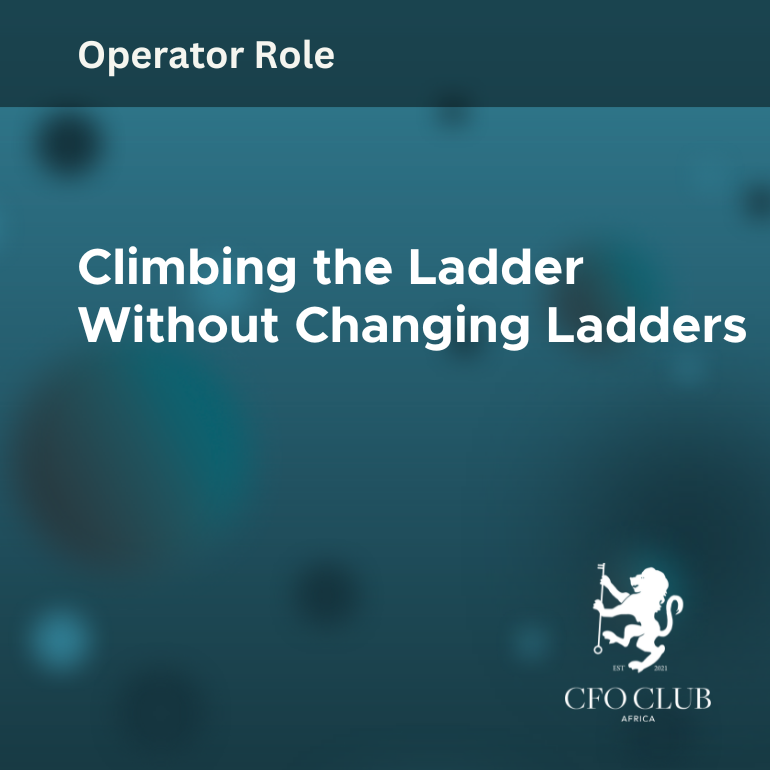The Four Most Sough-After Skills Every Modern CFO Needs
Over the last few years, the role of the CFO has undergone a profound shift. The historical tasks of the finance function are now taken for granted by CEOs. The CFO of today and tomorrow should be able to take financial data and use it to influence operational decision-making and strategy.
“The role of the CFO has evolved a lot over the years, initially when we were studying, we used to see the role of CFO as more of managing the statutory books of accounts or maybe securing financing and handling statutory matters like taxes and indirect taxes and those kinds of roles. However, over the years the role of CFO has become much broader, now we look at implementing new technologies and they guide the CEO in making the right decisions. At Tolaram, where I work, we play an important role in handling HR functions, as well as guiding business strategies and new business development. It’s a much broader role and that’s probably why you see CFOs getting ready to step into the role as CEO.” Many CFOs like Sandeep Parasramka, who we interviewed for the CFO Talks podcast, have seen their roles completely evolve over the course of their professional lives.
What are the most important skills the contemporary CFO needs to set themselves apart and be a real value driver for their organisation?
1. The Ability to Create Agile Budgets
Given the current state of the world – from the ongoing global pandemic to the war in Europe, to skyrocketing inflation and the climate crisis – uncertainty, volatility, and changing business needs are expected to become more of a norm than an exception. Budgets should increasingly allow for greater in-year resource flexibility in order for businesses to respond to change quickly and effectively.
2. The Proficiency to Build Digital Competencies
Developing digital skills is a prerequisite for finance leaders as organisations accelerate the adoption of digital technologies in anticipation of a post-pandemic recovery.
Khuphukile Ndebele, CFO at Bidvest Electrical Group, underscored the importance of the data-driven elements of the digital transformation in our CFO Talks podcast interview with him. “The role now is more about data and data collection. We all know that data has become one of the most valuable aspects within the world today as we know it. As a CFO, one of the key metrics is your ability to collect data efficiently, your ability to manipulate it, interpret it and use it differently, and to also formulate your strategy and influence your decision-making based on that data. I think as a CFO, we find ourselves at the forefront of the data era, as I would like to call it.”
3. A knack for driving enterprise growth
CFOs should act less like passive reviewers of information and more like growth activists. The CFO needs to possess a strong understanding of the company’s business model and industry and be able to use this knowledge to provide an independent perspective and constructively challenge the commercial and operations teams, ensuring that business decisions are grounded in solid financial criteria.
4. The people-management capabilities needed to lead a team
Modern CFOs, with all the experience they have gained through their careers, need to take a more prominent leadership role compared to their traditional predecessors. They need to embed and promote the right values and behaviours in the organisation. This covers best practices for business, as well as ethical values.
As a CFO, start at the source by actively participating in the recruitment process. In addition, map out a concrete route for the controllers with well-defined goals within a certain time frame. And last but not least: continue to coach and manage them so they remain loyal to the organisation for the long term.
Are you a modern CFO? Have a look at the 34 core competencies of the modern CFO to see if you qualify for our CFO(SA) designation, the highest-ranking designation for finance executives accredited by SAQA.





